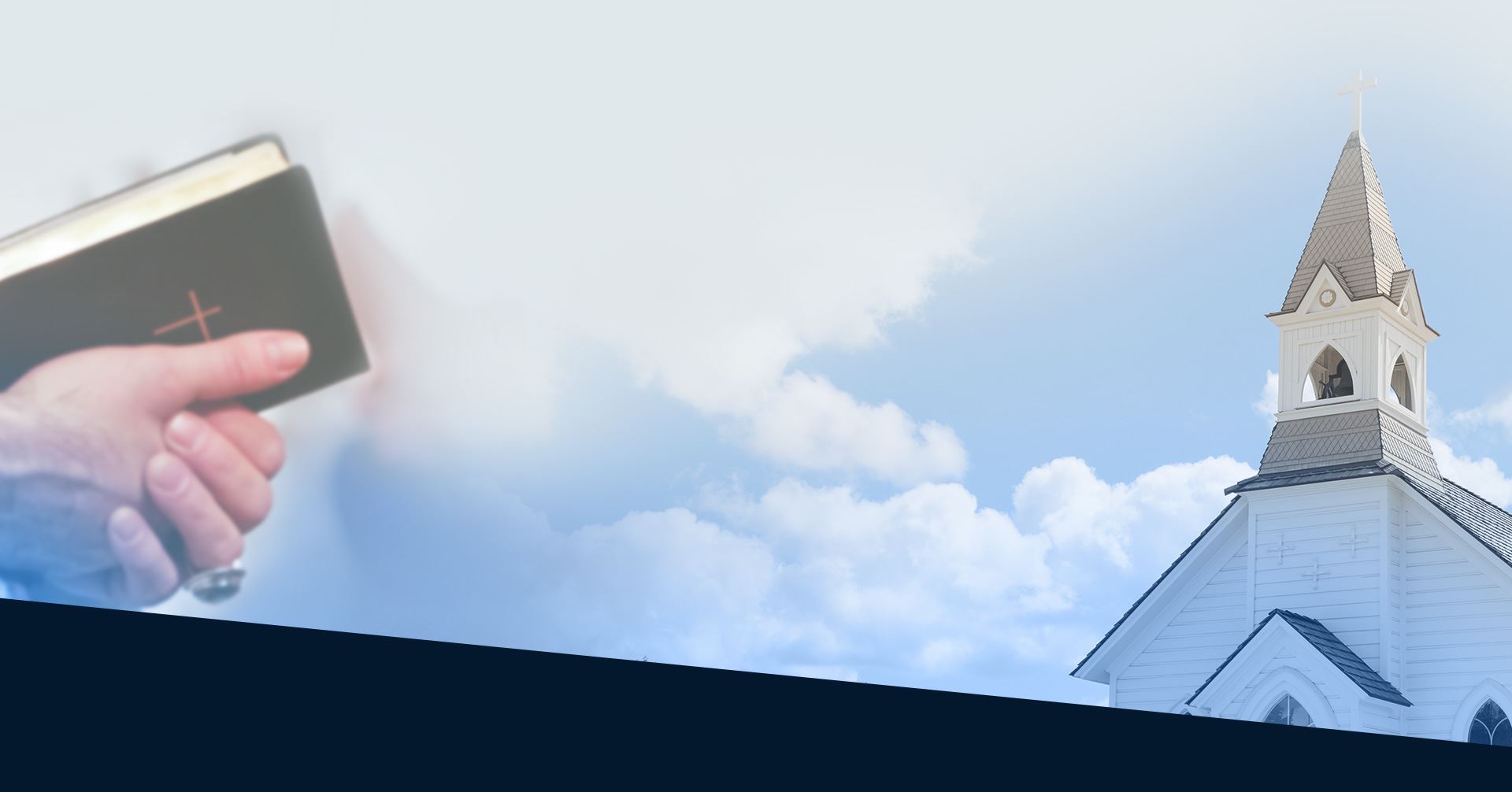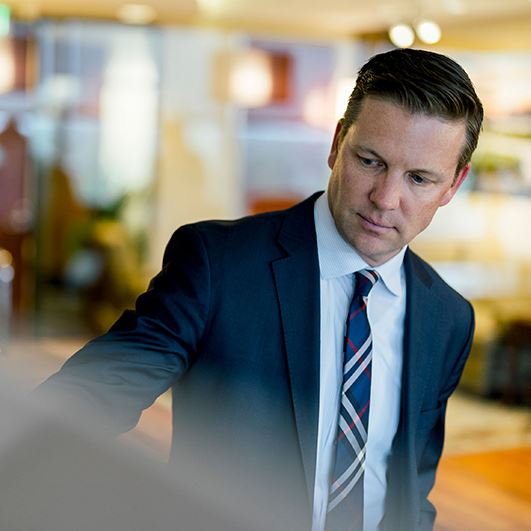
When religious institutions fail to protect parishioners, especially children, from abusers, they must be held accountable. Our acclaimed attorneys at Colorado Sex Abuse Law are proud to help survivors of clergy sexual abuse recover compensation through civil action. Backed by decades of experience, our trauma-informed representation has led to millions of dollars in client recoveries.
Clergy Sex Abuse Attorneys in Colorado
Empowering Survivors of Clergy Sex Abuse for Decades
If you or a loved one has been sexually abused by a member of the clergy, the Diocese, or a Catholic priest, you have legal rights. You may be entitled to hold the abuser accountable in civil court and recover compensation for the losses, or damages, you have experienced as a result.
Our attorneys at Colorado Sex Abuse Law have decades of experience in advocating for survivors of clergy sex abuse, which has given us a firm understanding of the trauma of abuse. We know how feelings of confusion, shame, and fear can upend a survivor’s life and make it difficult to speak up. Fortunately, you do not have to go through the process alone.
To schedule a free consultation with a compassionate clergy sexual abuse attorney in Colorado, call (303) 835-9227 or contact us online.
Contact Us for a Free, Confidential Consultation

Notable Cases
-
Abuse at the University of Michigan Attorneys at our firm represent more than 200 survivors of sexual abuse against University of Michigan physician Dr. Robert Anderson. The University has reached a settlement amount of $490 million, which is the largest known sexual abuse settlement on behalf of male victims.
-
Child Sexual Abuse in the Clergy Lawyers at our firm currently represent survivors of sexual abuse by members of the Catholic Church.
-
Sexual Abuse by a Public School Teacher Lawyers at our firm represented a young woman who was sexually assaulted by her public school teacher. The case settled for numerous millions of dollars.
-
USA Gymnastics Larry Nasser Sexual Abuse We represented multiple survivors in the case against USA Gymnastics and U.S. Olympic and Paralympic Committee for the sexual abuse by Larry Nassar resulting in a $380M settlement.
What Rights do Clergy Sex Abuse Survivors Have?
Survivors of clergy abuse can file a civil lawsuit against their abuser and any institution that protected that abuser. A civil lawsuit offers survivors the chance to recover compensation for their damages, both economic (like medical expenses) and non-economic (like pain and suffering, emotional distress, and loss of quality of life). Our clergy sex abuse lawyers in Denver, CO have seen, time and again, how much this can help a survivor process and move on.
As you can see, a civil lawsuit is about more than just money. It is about winning justice for yourself and gaining peace of mind.
When you are ready, we are here to take your call at (303) 835-9227.

Client Testimonials
Real Stories From Real Survivors
-
Handled Our Very Difficult Case With Brilliance
“They handled our very difficult case with brilliance. Every chess move was outlined from the start and was proven to be spot-on. The team helped our family to align our goals and expectations for the case with the law.”
Former Client -
Kind and Compassionate Individuals
“Not only are they competent attorneys who worked tirelessly on my behalf, but they are also kind and compassionate individuals who never lost sight of the human element of their very important work.”
Former Client
What Is Clergy Sex Abuse?
We Fight for Your Full and Fair Compensation, Putting You in the Best Position to Move Forward
Clergy sex abuse is when an official at the Catholic Church, such as the Archdiocese of Denver, commits a sex crime against a minor. The abuser (for example, a priest) will usually “groom” the child, a process in which they attempt to gain the trust of the child so that they can abuse them later. This can create a lot of confusion for the child when the abuse occurs.
What Is Grooming?
In many clergy sexual abuse cases, grooming tends to unfold as follows:
- Identifying the victim and then building a close relationship with them, often using their status as a “man of God” to do so;
- Isolating the victim, such as by offering spiritual counseling to the child to get them away from their parents or guardians; then
- Abusing the victim and controlling and concealing the abusive relationship, such as by leveraging their status as an elder and church official to scare the child into not telling their parents.
What Are the Effects of Clergy Sexual Abuse?
Sexual abuse can have long-term consequences for the survivor, including both physical and mental health problems. Common examples include an increased risk of depression, self-blame, shame, guilt, anxiety, eating disorders, and dissociation. The younger the child is at the time of the abuse, the worse the effects of the abuse may be.
Sadly, these effects of abuse tend to get in the way of justice. It is very common for survivors to miss the filing deadline for a civil claim. If you are a survivor of clergy sex abuse who was previously barred by the statute of limitations, you may now be eligible to file a claim under SB 88: Any survivor abused as a child after January 1, 1960 has a three-year window to file a claim against the abuser and the organization they belonged to. The window opens January 1, 2022.
What Are The Signs of Clergy Sexual Abuse?
Recognizing signs of clergy sexual abuse can be crucial in preventing further harm and providing support to survivors. Here are some common signs:
- Inappropriate Relationships: Clergy may engage in inappropriate relationships with congregants, particularly those in vulnerable positions such as minors, individuals seeking counseling, or those in emotional distress. These relationships may involve sexual advances, exploitation, or manipulation.
- Manipulation and Grooming: Clergy may use their position of authority, trust, and respect within the community to manipulate and groom individuals for sexual abuse. This can involve tactics such as flattery, gifts, or isolating the individual from their support network.
- Secretive Behavior: Perpetrators of clergy sexual abuse often exhibit secretive behavior regarding their interactions with victims. They may attempt to keep their relationships hidden from others or insist on secrecy from the victim, using religious authority or guilt to maintain control.
- Boundary Violations: Clergy sexual abuse often involves the violation of professional and ethical boundaries. This can include inappropriate physical contact, sexual comments or advances, and breaches of confidentiality.
- Emotional and Psychological Symptoms: Survivors of clergy sexual abuse may exhibit a range of emotional and psychological symptoms, including depression, anxiety, low self-esteem, self-blame, and post-traumatic stress disorder (PTSD). These symptoms may manifest in changes in behavior, mood swings, or withdrawal from social activities.
- Physical Signs of Abuse: In cases of physical sexual abuse, there may be physical signs such as unexplained injuries, bruises, or sexually transmitted infections (STIs). However, it's important to note that not all instances of clergy sexual abuse involve physical harm.
- Spiritual Manipulation: Perpetrators may use religious beliefs and teachings to manipulate and control victims. They may invoke religious authority to justify their actions or coerce victims into silence by instilling fear of divine punishment or condemnation.
- Pattern of Abuse: In some cases, clergy sexual abuse may involve a pattern of behavior, with multiple victims coming forward with similar allegations against the same perpetrator. Patterns of abuse may also involve multiple instances of misconduct over an extended period.
Who is Liable for Clergy Sexual Abuse?
In Colorado, liability for clergy sexual abuse can extend to various parties depending on the circumstances of the case. Here are some potential entities or individuals that may be held liable:
- Individual Clergy Members: The clergy member who perpetrated the abuse can be held personally liable for their actions. This liability can include civil lawsuits filed by survivors seeking compensation for damages resulting from the abuse.
- Religious Institutions: Religious institutions, such as churches, mosques, synagogues, or religious organizations, may be held liable for clergy sexual abuse under certain legal theories. This liability can arise from the institution's failure to adequately supervise clergy members, failure to respond appropriately to reports of abuse, or negligent hiring and retention of clergy members with known histories of misconduct.
- Supervisory Personnel: Individuals within religious institutions who had supervisory authority over the clergy member and were aware of or should have been aware of the abuse may also be held liable. This can include bishops, elders, deacons, or other church leaders who had the responsibility to oversee the conduct of clergy members.
- Third Parties: In some cases, third parties such as counseling centers, schools, or other organizations where the abuse occurred may be held liable if they were negligent in their duty to protect individuals from harm or failed to report suspicions of abuse.


At Colorado Sex Abuse Law, our trial lawyers are passionate about advocating for survivors of clergy abuse. The church must be held accountable for failing to protect its youth parishioners. In a free consultation, we will listen to your story with an empathetic ear. Should you decide to take action, we will utilize our years of experience to build a creative case strategy for you.


